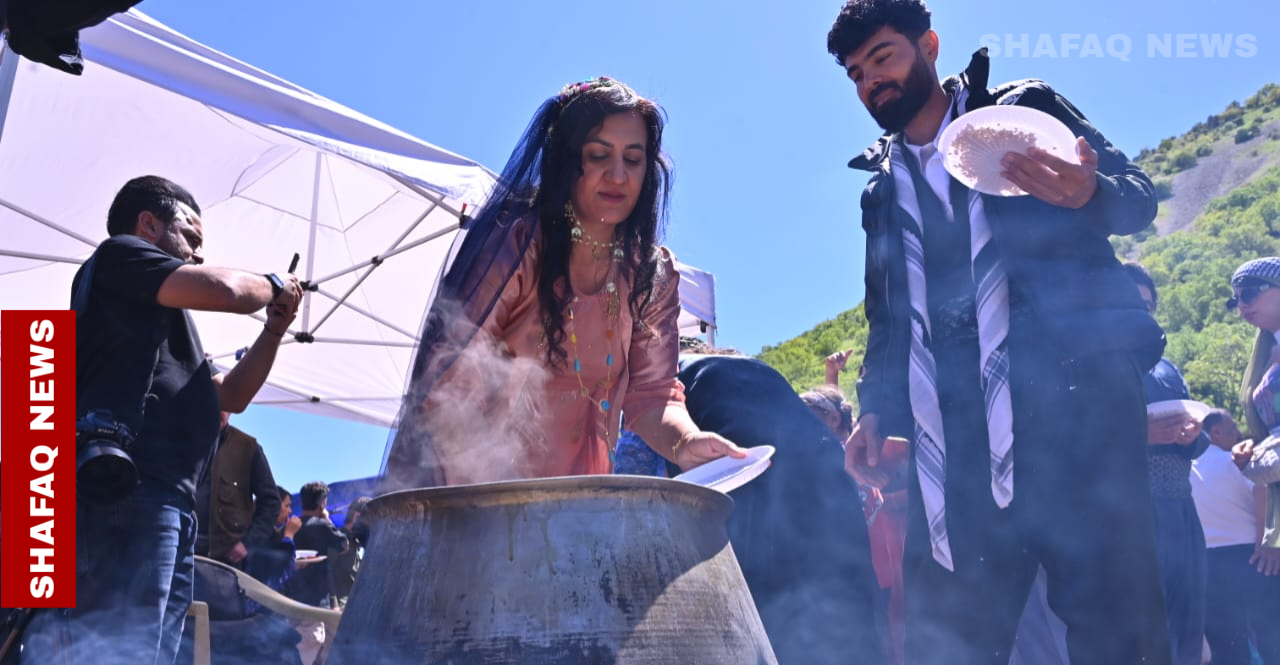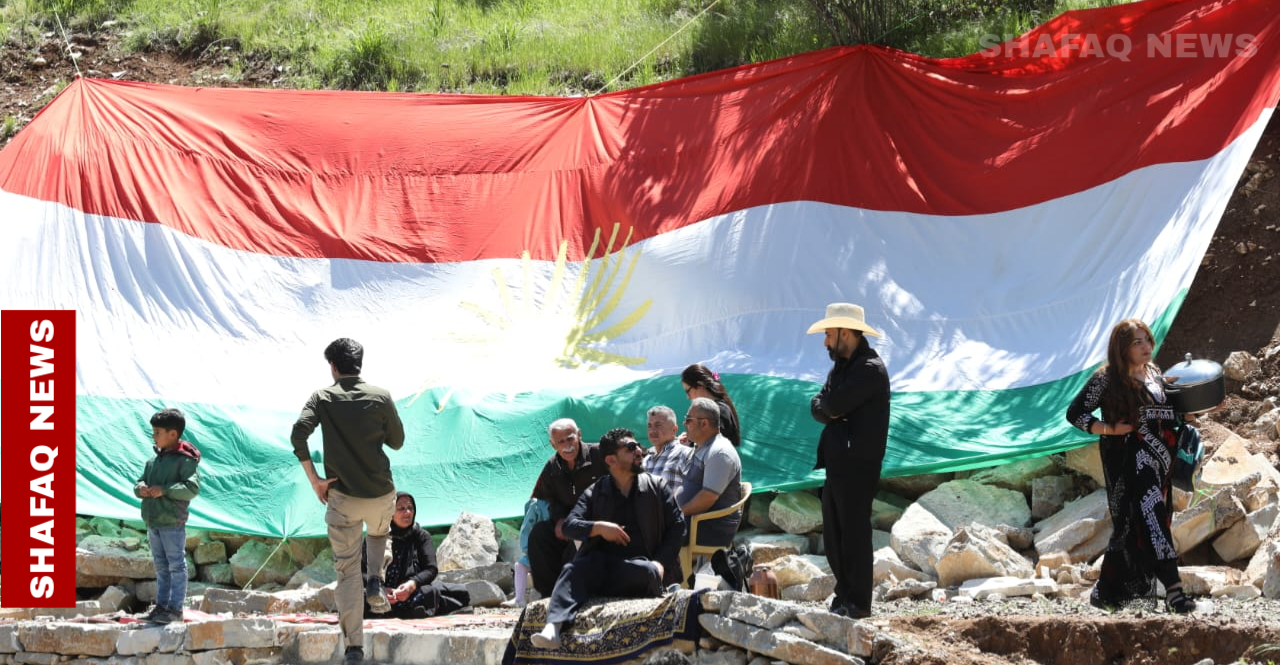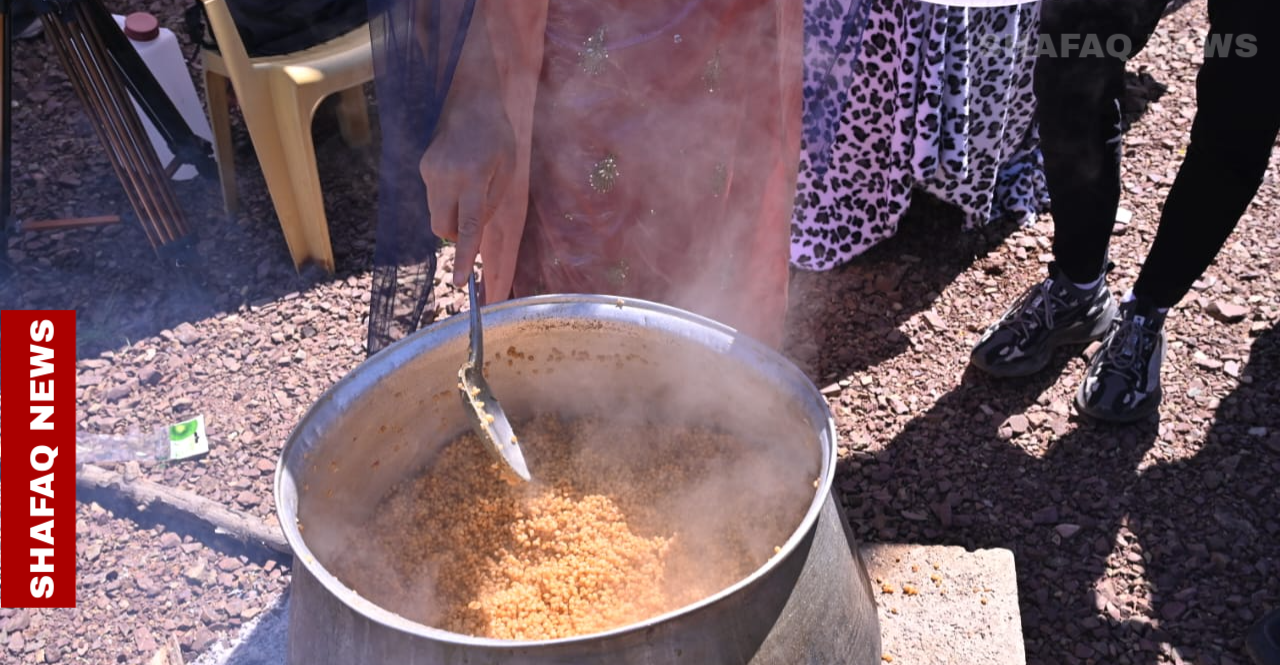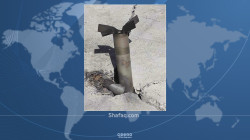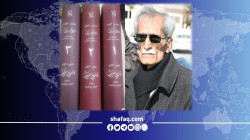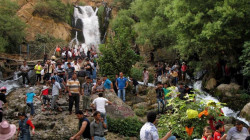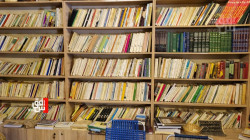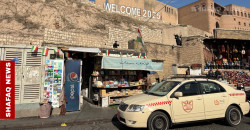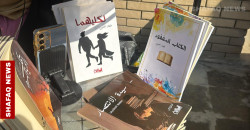Resilience served: Iraq's Kakai celebrate Masti Qalati
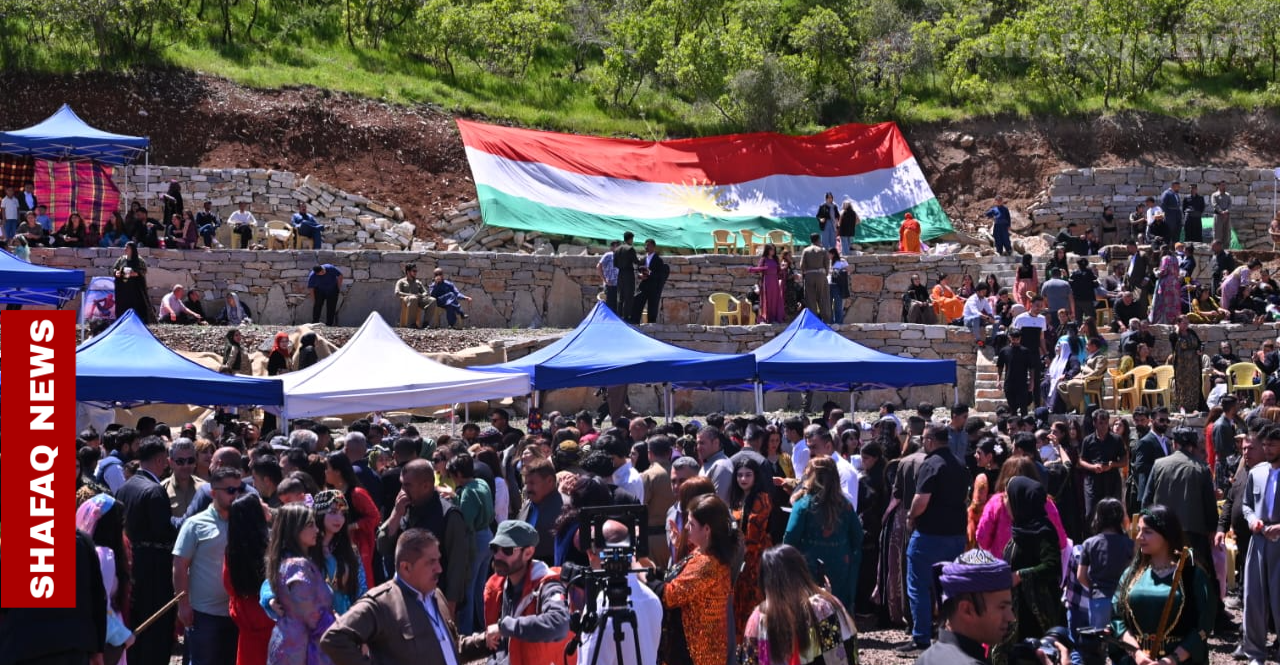
Shafaq News/ Iraq’s Kakai community in Halabja province marked Masti Qalati, a centuries-old tradition that has evolved into a powerful annual ritual celebrating generosity, unity, and cultural resilience.
Held each spring, the
occasion blends spiritual rituals with communal generosity. Preparations begin
in late April, with families preparing milk-based goods for distribution. The
celebration includes traditional Kakai religious music, notably performed on
the tanbour—a spiritual instrument central to Kakai rituals.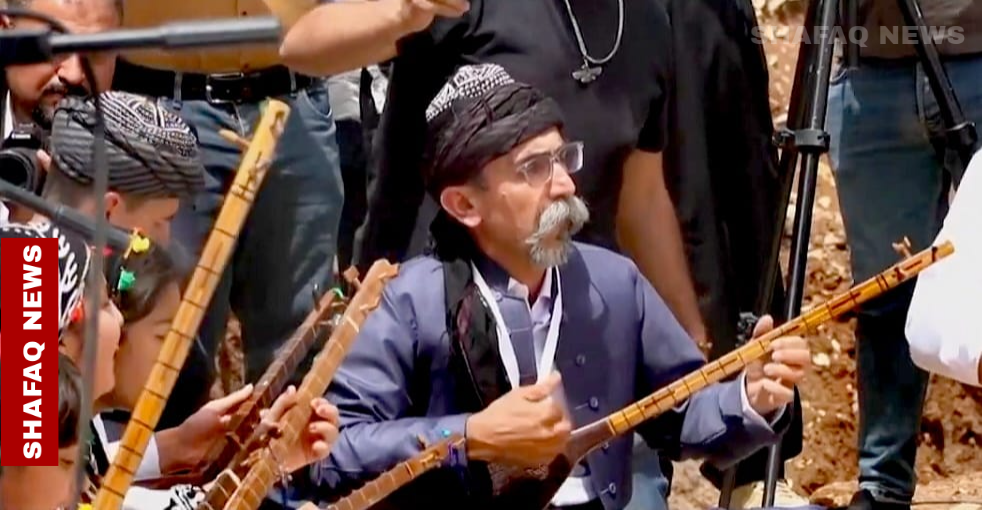
Community members described to Shafaq News that the day as a “reaffirmation of their values,” adding that tradition reinforces messages of peace, coexistence, and compassion beyond the Kakai community itself.
Women also play a key
role in the event, preparing food and overseeing its distribution. The female
contribution is essential, not supplementary, and passing down the values of
generosity to children is a core aspect of the tradition, social activist
Shukriya Hawari noted to Shafaq News.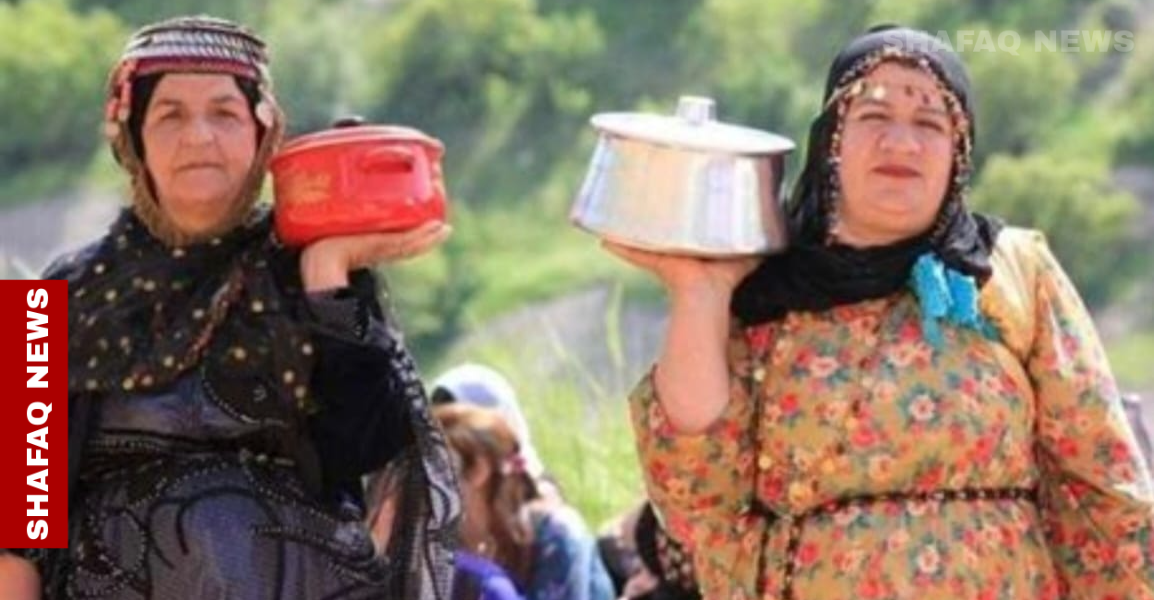
Despite economic hardships in the region, citizens expressed their commitment to the ritual remains unwavering, viewing the act of giving amid adversity as a powerful expression of resilience. For many, Masti Qalati has become a symbol of cultural endurance and a renewed call to embrace compassion and solidarity in the face of ongoing challenges.
The Kakai faith, which
belongs to the broader Yazdani religious tradition, has historical ties to the
Yazidi and Yarsani communities. According to the Minority Rights Group, Iraq is
home to an estimated 110,000 to 200,000 Kakais, with most living in areas
southeast of Kirkuk, the Nineveh Plains, and provinces such as Diyala, Erbil,
and al-Sulaymaniyah.